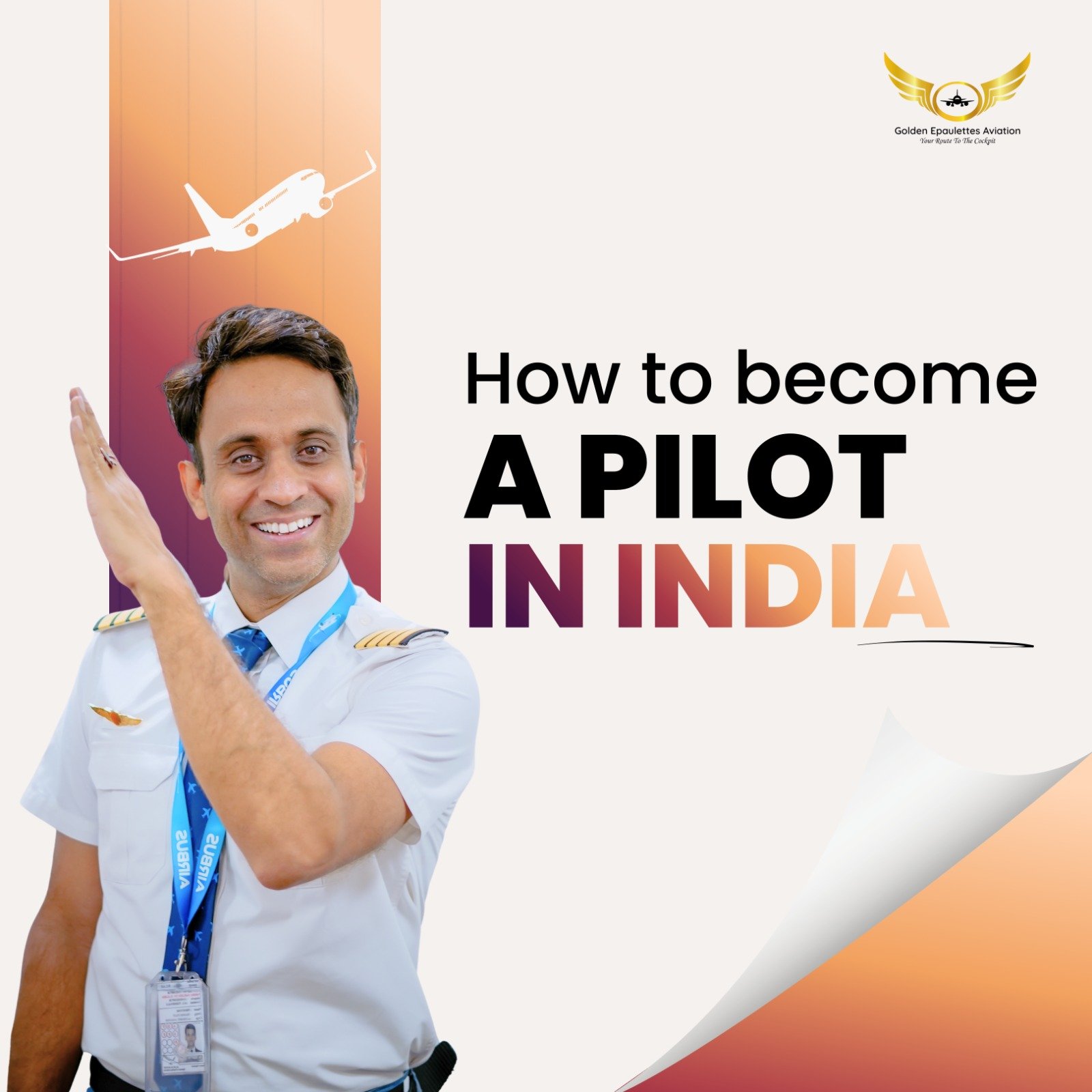Becoming an Airline Pilot in Europe: EASA Certification Guide
Content will be added soon
 Menu
Menu
Pilot Programs
Becoming an Airline Pilot in Europe
Capt. Tomar Awdhesh
Author

Thank you! Our team will contact you shortly on WhatsApp.